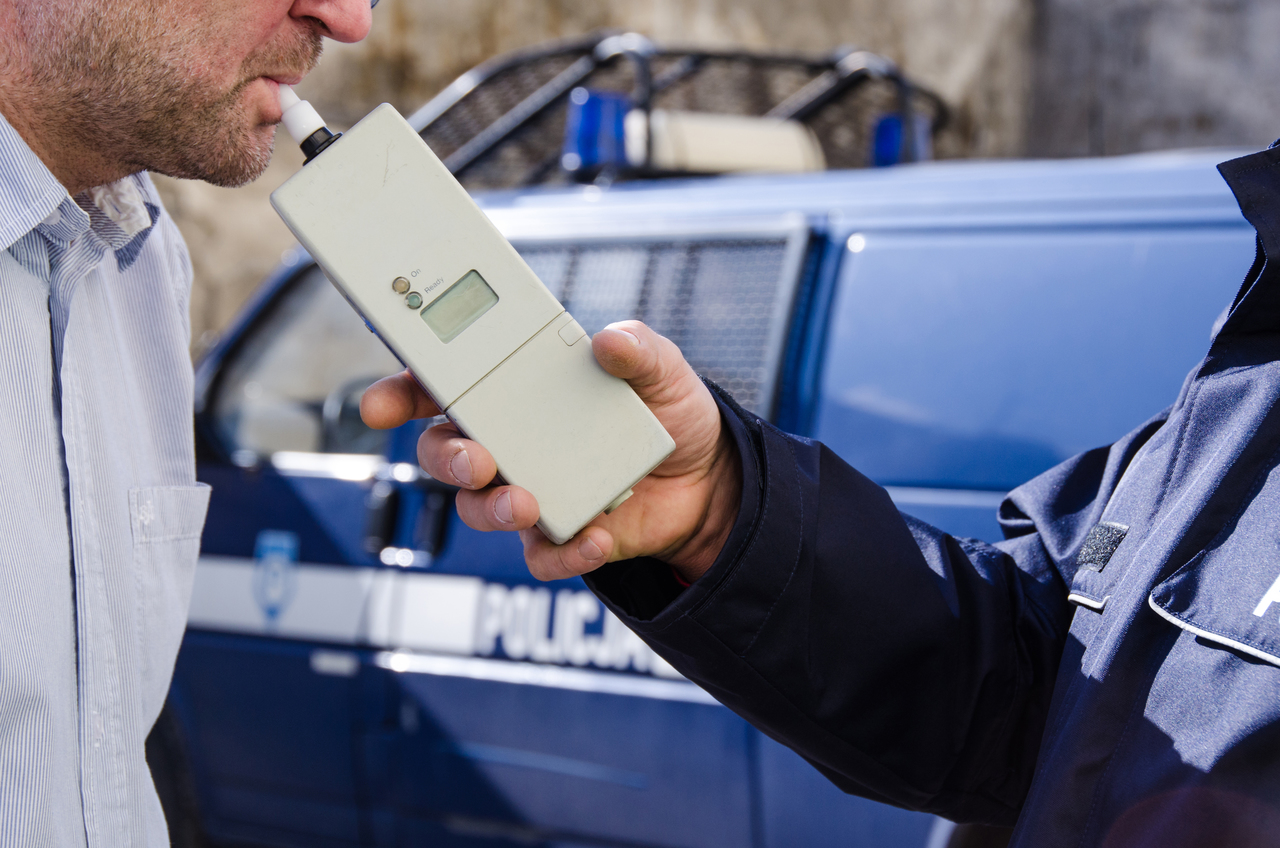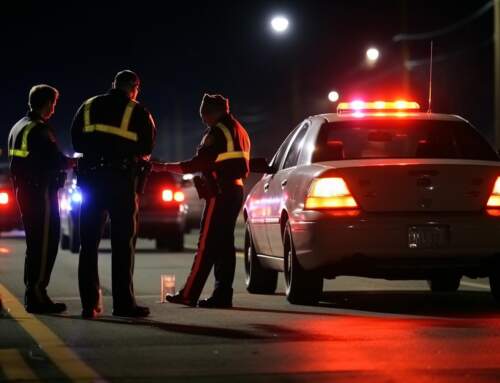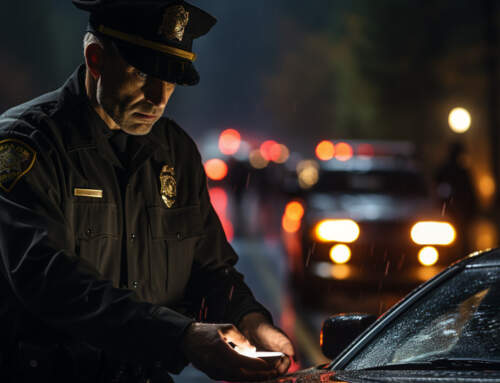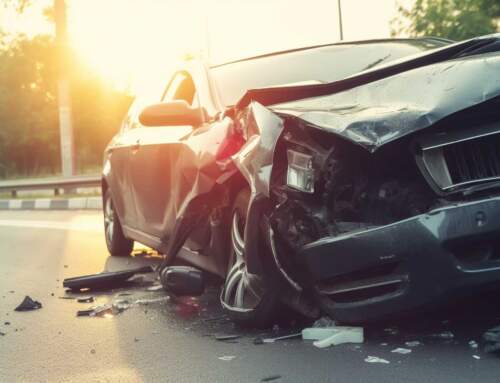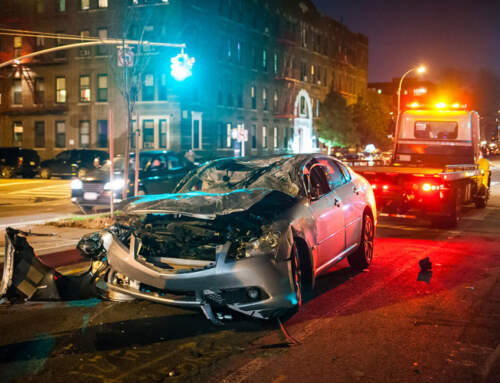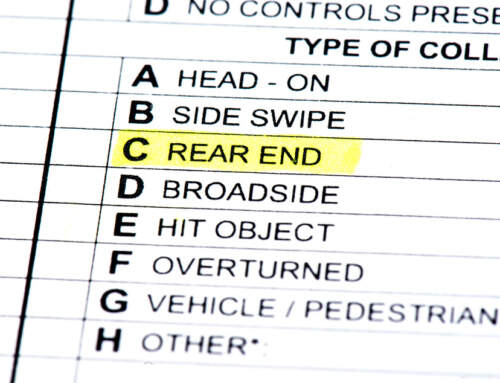Accident lawyers for accidents under the influence of alcohol. Drunk driving is dangerous, unpleasant and often fatal.
The statistics for accidents resulting from drunk driving, according to the Georgia Department of Transportation, is about one thousand five hundred and seven (1,507) people killed on Georgia roads throughout 2019. Likewise, the statistics of accidents published by the National Highway Traffic Safety Administration of the State of Georgia during 2018, is 29% of all traffic accident deaths, which had to do with drinking and driving. Drunk driving is a problem that makes Georgia roads truly dangerous for both drivers and passengers.
If you or someone in your family is the victim of a DUI/DWI accident, do not hesitate to contact Tovar Hastings Law for advice on a Georgia Drunk Driving Accident Attorney.
Although campaigns emphasize “Don't drink and drive” so frequently, many turn a deaf ear and decide to continue driving after drinking. According to the U.S. Department of Transportation, three people die every two hours in crashes involving driving under the influence of drugs or alcohol. Although these figures should change, the statistics, unfortunately, tell a bleak story. More often than not, justice cannot be served to grieving families, those who suffer catastrophic injuries or suffer serious physical and financial harm, due to the irresponsible decision of someone who decides to drive while intoxicated.
Georgia Laws Against Drinking and Driving
Georgia Code, Title 40, Motor Vehicles and Traffic, states that a driver may not have physical control of a vehicle while under the influence of alcohol, any derived drug or chemical compound, glue, aerosol or toxic vapor that make it a potential danger to get behind the wheel of a car and drive. A person's blood alcohol content (BAC) must not exceed 0.08 within three hours (3 hours) of operating a motor vehicle. For those driving a commercial vehicle or any vehicle that requires a CDL, the blood alcohol content cannot exceed 0.04. Georgia has a zero-tolerance policy for drivers under the age of 21, meaning a BAC of 0.02 or higher will result in a DUI charge.
For drivers who exceed the legal alcohol limit or are under the influence of other controlled substances, criminal penalties vary depending on the nature of the arrest, any injuries or deaths that may have occurred, and whether it is a first or subsequent offense. Drunk drivers can be held liable for compensatory and punitive damages. Criminal penalties are often common and costly for drinking and driving. There are sometimes many situations in which criminal sanctions are not sufficient to act as a deterrent. According to statistics from foundations, between fifty and seventy-five percent of drivers have their license suspended due to a DUI, but continue driving.
Drunk drivers in Georgia can be held financially responsible for the injuries and damages they cause. Driving under the influence of drugs, alcohol, or a combination of both constitutes reckless criminal conduct. The criminal court system handles criminal penalties, but drunk drivers may also face a separate civil court case. Car accidents involving drunk drivers, including those involving motorcycles and pedestrians, tend to be much more catastrophic and are associated with a higher incidence of serious injuries and deaths. A quarter of motorcycle accident deaths in Georgia involved riders with a BAC of 0.08 or higher.
Compensatory damages
Anyone involved in a car accident can recover compensatory damages from an at-fault driver. Compensatory damages, under Georgia law, are intended to pay for actual damages suffered by the plaintiff. Some examples of compensatory damages include:
- Pain and suffering: Georgia courts have established several factors in determining pain and suffering, such as interference with daily life, loss of enjoyment of life, mental and physical health problems.
- Lost wages: Recovering from an accident often means time away from work. Serious injuries can also result in loss or reduced earning capacity for the foreseeable future.
- Medical expenses– Past and future medical expenses related to injuries sustained during the accident can be recovered. These may include mental disorders and trauma resulting from the accident.
- Disability or disfigurement: Disfigurement, scarring or disability that deprives the injured part of your body deserves compensation. Especially in cases where the victim makes a living with their body or image, such as models, actors and personalities in public life such as influencers or YouTubers, among others.
punitive damages
The dual purpose of punitive damages is to punish a defendant for a flagrant crime while seeking to serve as a deterrent. In most car accident cases, Georgia law limits punitive damages to $250,000. The rule is different depending on the type of accident that may have involved driving under the influence of drugs and alcohol. Under OCGA § 51-12-5.1(f), there is no limit on punitive damages against an at-fault driver under the influence of drugs or alcohol.
In cases of punitive damages included in a civil lawsuit against the drunk driver, the victim's attorney may show the record of the offenses committed by the driver on trial. In most cases of civil motor vehicle cases, the record of driver faults is not admissible and is classified as “characteristic evidence” under Georgia State Law. Either way, in drunk driving cases, the rules are different. Georgia courts hold that a driver's record is relevant to a sworn report of punitive damages. The jury will have to decide whether the faults of the driver involved are so notable for the punitive damages in dispute.
Georgia courts have held that when a jury is deciding whether to impose punitive damages, the jury may consider the at-fault driver's prior drunken driving episodes. Additionally, the injured party's attorney may not only mention prior DUIs, but may also reference subsequent episodes of drunk driving. Courts have reasoned that if a driver chooses to drive drunk even after injuring someone, it shows that the driver was indifferent to the consequences of drinking and driving.
Georgia Liquor Store Liability Law
Drunk store laws are designed to allow victims of drunk driving accidents to seek compensation from establishments such as bars and restaurants or other third-party vendors that sold alcohol, liable for damages. The criteria for considering an establishment responsible include:
- Who deliberately and knowingly sold or served alcohol to a person under 21 years of age
- Alcohol was knowingly served to a person who was noticeably intoxicated-
- The establishment or third party knew that the minor or intoxicated person would be driving a motor vehicle
- Only accident victims, and not the drunk driver, can file a liquor store liability claim. OCGA § 51-1-40. This includes soda shop liability and social host responsibilities in one statute.
Most commercial insurance policies exclude liquor store liability claims and often require businesses to purchase a separate alcohol liability rider to cover such claims. An experienced personal injury attorney will be able to evaluate whether you have a potential liquor store liability claim if you were injured by a drunk driver. Liquor store liability cases can be handled at the same time as civil litigation against the at-fault driver.
Statute of Limitations for a Drunk Driving Lawsuit
The same statute that governs other personal injury claims applies to drunk driving claims. OCGA § 9-3-33 holds that victims have two years to file a claim with the court. Either way, the statute of limitations is suspended during the time the drunk driver faces criminal prosecution, which can be up to six years. The two-year statute of limitations clock does not start until after the criminal matter is resolved or at least six years have passed.
What to Do if You Are Injured in a Georgia Drunk Driving Accident
In case you have been the victim of a drunk driver in Atlanta, contact Tovar Hastings Law now. Our team of expert Georgia drunk driving accident attorneys will work together to ensure you receive the compensation you deserve. It is not advisable for you to face this case alone. Insurance companies may take advantage of you if they notice that you do not have a lawyer; In any case, you will need to be properly prepared to take a case to trial, if necessary. It is not advisable to improvise with your compensation.
Call an Atlanta drunk driving accident attorney at Tovar Hastings Law now. You can contact our team of legal professionals now to access a free initial consultation and have our attorneys analyze your case. Our team has experience in hundreds of cases in Atlanta and the State of Georgia where you can come forward with your rights and be compensated for a drunk driving accident in Atlanta.

